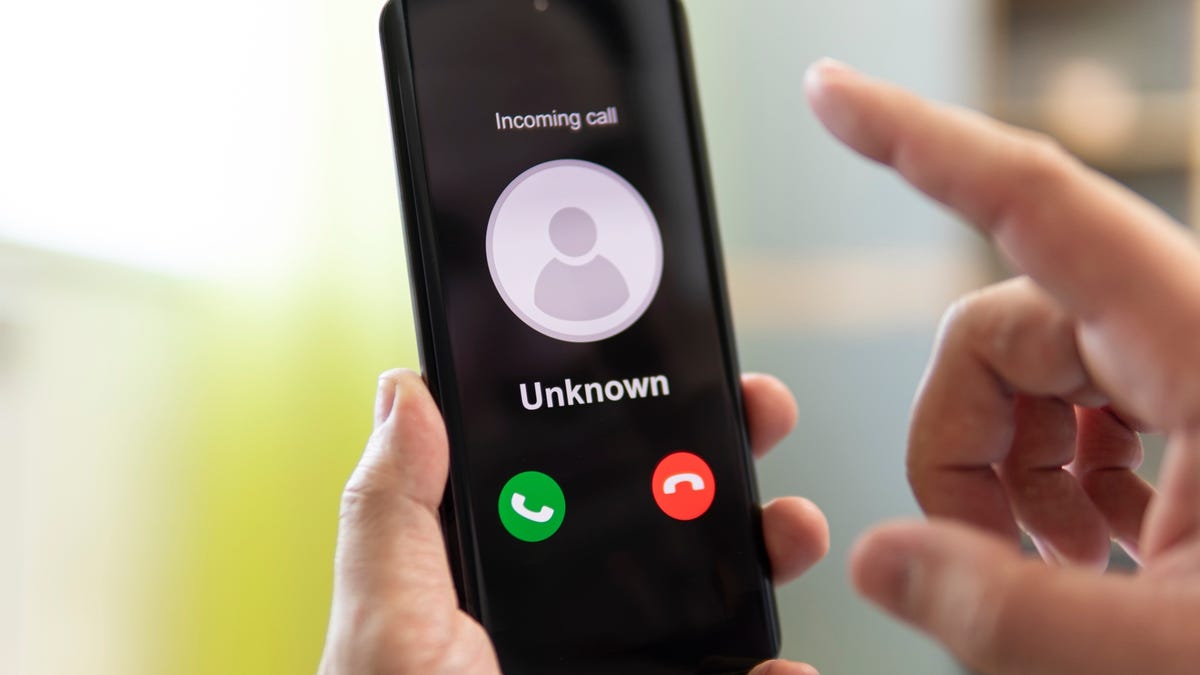Billions of Robocalls and Alleged Scams Gets Telecom Sued by 48 States
First the FCC, now US state attorneys general are punishing robocallers.

Robocallers and those who work with them are facing consequences from the government for illegal practices.
The Federal Communications Commission isn't the only one cracking down on illegal robocalls, as nearly every US state has sued a telecom company accused of allowing over 21 billion robocalls to US telephone numbers, including 7.5 billion that are on the national Do Not Call registry.
The lawsuit was brought by attorneys general of every US state except Alaska and South Dakota along with Washington, DC against Avid Telecom for allowing robocalls that misled and scammed recipients of the calls, thus violating consumer protection laws, as Gizmodo reported earlier Thursday.
See Also: How to Stop Those Annoying Spam Calls You Get Every Day
Avid Telecom is a voice provider that transfers calls to US phone number owners, and the Industry Traceback Group that notifies providers about illegal robocalls coming through their networks notified Avid at least 329 times that it was transmitting said calls. The telecom has "been on notice about this illegal call traffic for many years," the states say in their lawsuit.
Of the billions of robocalls, more than 8.4 million "appeared to be coming from government and law enforcement agencies, as well as private companies," according to a press release from Pennsylvania Attorney General Michelle Henry, who is one of the plaintiffs in the lawsuit. Avid Telecom allegedly allowed robocalls scamming recipients on Social Security, Medicare, Amazon, credit card interest rate reduction, and of course, auto warranties.
The lawsuit is the result of the Anti-Robocall Multistate Litigation Task Force of attorneys general from every US state and Washington, DC, with help from the Federal Trade Commission and Social Security Administration.
The legal action follows the FCC ramping up action on illegal robocalls by making voice providers like Avid Telecom responsible for the scam calls carried through their networks. In addition to setting more restrictive rules, after repeated warnings the agency recently banned a provider from sending calls into the US.
Avid Telecom didn't immediately respond to a request for comment.
For tips on keeping robocalls to a minimum, check out how to block unknown callers on iPhone and how to set up Google's call screen feature.

